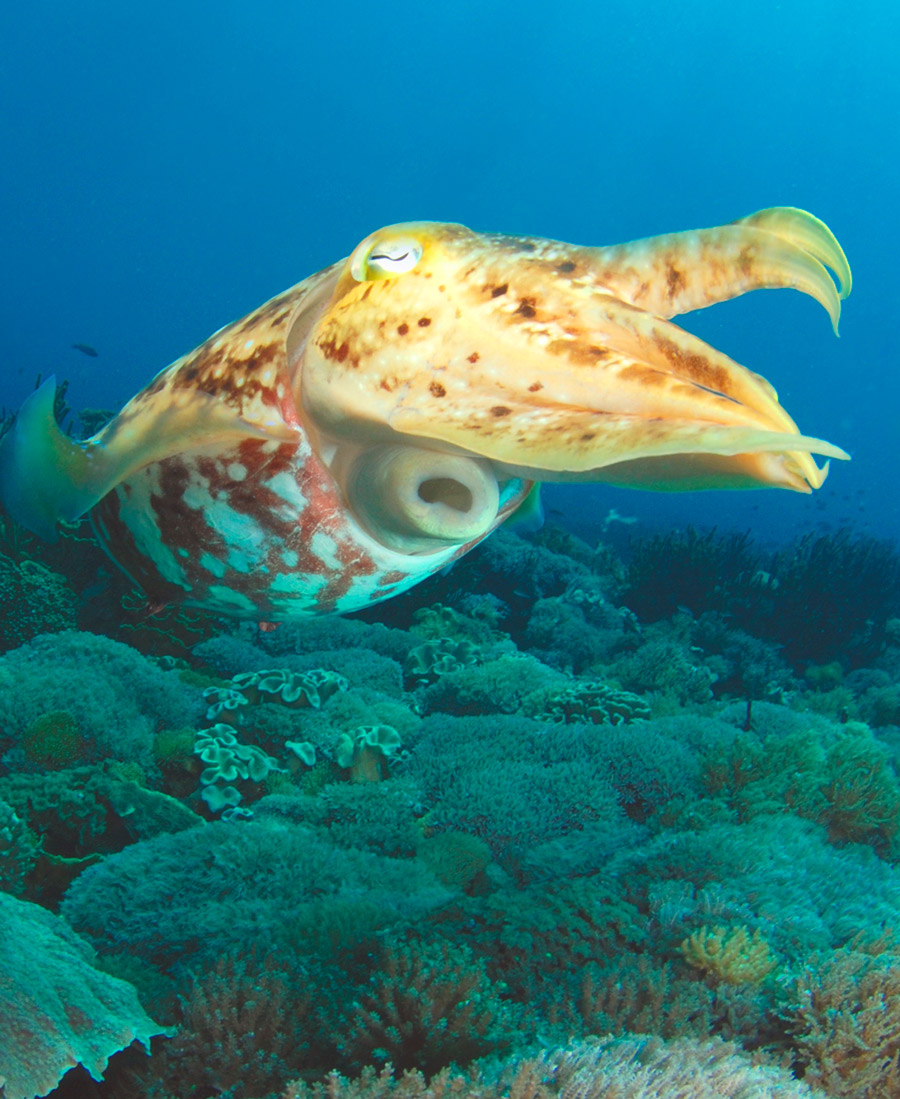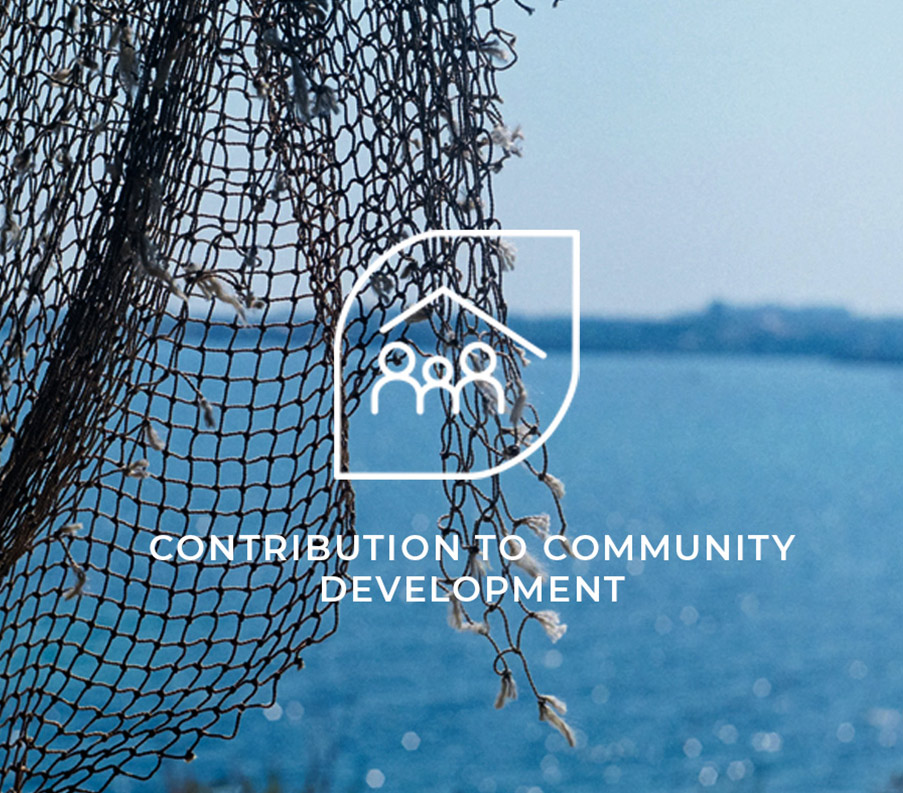Sustainability
Strategic vision
We envision a world in balance, where all impacts generated by our value chain are below the limits that nature can bear.

Being responsible and transparent
Our responsibility integrates environmental and social challenges in the ecosystems and communities in which we operate.


Actively collaborating
We are part of the Global Sustainable Seafood Initiative (GSSI) reinforcing our commitment to sustainability and a member of the Global Compact, the United Nations’ leading global corporate sustainability initiative.

Our lines of action
The Conservation and Regeneration of Ecosystems, the Development of Communities and the Promotion of Inclusion and Diversity, ensuring the respect and promotion of Human Rights, are the priority axes that guide us to achieve a positive impact, both on the planet and on Society.




The path to more responsible business
We organise our approach around four strategic pillars, which allow us to focus our efforts on areas that maximise our impact.


Principle 1
Ensure responsible sourcing of fishery and aquaculture resources
We encourage, support and participate in Fisheries Improvement Projects, so that our strategic fisheries achieve sustainability.
See our ESG Report
Principle 2
Addressing climate change and strengthening resilience to climate-related risks
Our roadmap is in line with the community’s efforts to limit global warming to 1.5°C above pre-industrial levels. We embrace the goal of becoming a Net Zero CO2 company by 2050, which involves setting targets in line with science in the short, medium and long term.
See our ESG Report
Principle 3
Optimise water management and pollution prevention
We have an unwavering commitment to sustainable water management and pollution prevention, which are crucial to maintaining the health of aquatic ecosystems and ensuring the supply of quality water.
See our ESG Report
Principle 4
Promote the circularity of packaging and waste
We are committed to innovation in processes to incorporate more sustainable packaging, guaranteeing respect for the environment and food safety.
See our ESG Report

Principle 5
Strengthen the culture of sustainability
We understand that strengthening the culture of sustainability among employees, suppliers, customers, communities and society at large is not only important for the long-term success of our business, but also for the well-being of the planet and people.
See our ESG Report
Principle 6
Building resilience and self-reliance in communities
We implement initiatives that take a holistic approach to engaging with communities, encourage participation in decision-making and promote collaboration to strengthen community ties and improve social cohesion.
See our ESG Report

Principle 7
Promote and ensure respect for Human Rights
Our Human Rights strategy is composed of 4 fundamental axes integrated throughout the business model: Human Rights Policy, Supplier Code, due diligence process, grievance mechanisms.
We annually renew our commitment to the Ten Principles of the UN Global Compact.
See our ESG Report
Principle 8
Enable decent and safe work and prioritise inclusion, diversity and gender equality
We work with a holistic approach that prioritises employee wellbeing, diversity, equality, safety and effective talent management.
See our ESG Report

Principle 9
Certify good practices throughout the chain and provide the customer with a sustainable product
We implement certifications and establish identification processes for any product throughout the production/processing activities and from the sea or farm to the customer.
See our ESG Report
Principle 10
Strengthen legality and governance
Governance and civil society partnerships are essential to improve social conditions for fishers, combat illegal fishing, drive improvements in fisheries and address challenges such as climate change, in line with SDG 17.
See our ESG Report



